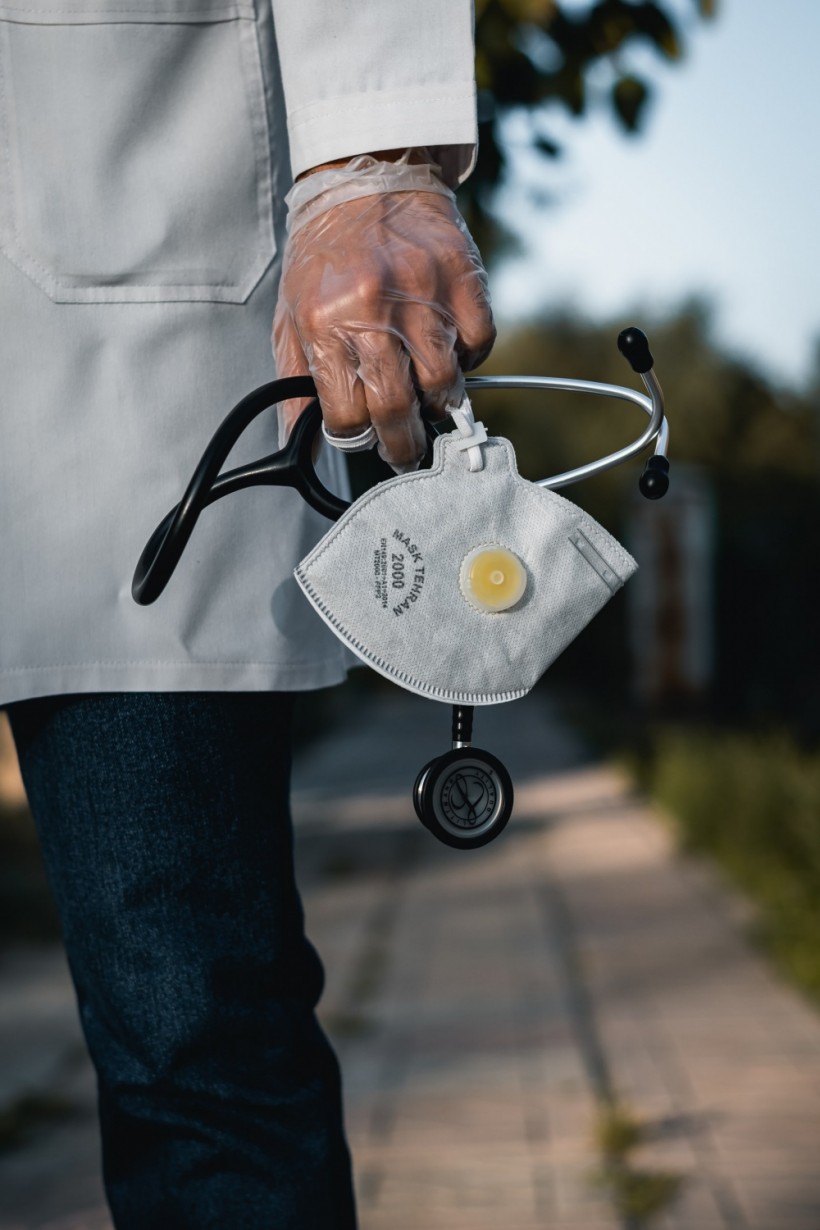
(Photo : Ashkan Forouzani on Unsplash)
Anyone who has been a respiratory therapist for a while probably has a routine down for earning yearly Continued Education Units (CEUs) to maintain their license. Having a routine for this makes it easy to complete on time. However, for some, that routine is changing.
CRCE live courses have a new definition
As of March 1, 2022, traditional live Continuing Respiratory Care Education (CRCE) courses have a new, clarified definition, and respiratory therapists will need to adjust their routines accordingly.
Many respiratory therapists earn their CEUs online through live courses. This makes the most sense for people who are too busy to attend in-person training.
Licensed professionals are required to complete a certain number of hours through live courses, but online live courses do count. However, the hourly requirements vary by state.
Live courses used to have a somewhat broad definition, which unintentionally included courses that don't allow for a two-way interaction between the teacher and the student. This is why the new change is taking place. Students and teachers need to interact with each other live.
How the live course definition is changing
The main change is that a live course must allow for interaction between the student and teacher at some point during the training. For instance, replays of webinars without live interaction don't count. However, a pre-recorded webinar would count if it's played as part of a course that facilitates live interaction during or after the training.
According to the new rules, students must have live access to the speaker/teacher either during or right after the lesson and that interaction must be provided on the same platform as the lesson.
For instance, if the lesson is broadcast over Skype, then participants need live access to the teacher over Skype. Teachers can't broadcast the lesson on Skype and ask participants to interact on Slack.
What does it take to maintain a respiratory therapists' license?
Since respiratory therapy is a licensed profession, everyone is required to complete a certain amount of additional education each year. Professionals with NBRC credentials earned after July 1, 2002 are required to recertify every five years, at which time they must have 30 hours of CEUs.
As stated before, the CEU requirements vary by state, but they are generally similar with a few exceptions. For instance, here's a list of some yearly state requirements that are similar, and some that vary quite drastically:
- California: 30 hours (3 hours of ethics every other renewal).
- Alabama and Missouri: 24 hours with a maximum of 12 self-study hours.
- Florida, Minnesota, Montana, and Kentucky: 24 hours every two years.
- Arizona: 20 hours (2 hours of ethics).
- Arkansas: 12 hours.
- Connecticut and Louisiana: 10 hours.
- Colorado and Michigan: No hours needed for renewal.
These are just some of the state requirements. As you can see, some states have similar requirements, while others vary, and some states don't require CEUs at all.
Other states have additional requirements, for example:
- Delaware: 20 hours with a maximum of 10 self-study hours plus training to recognize the signs of domestic violence.
- New Jersey: 30 hours plus one hour in infection control, one hour in patient safety and medical error training, and one hour of ethics.
- Pennsylvania: 30 hours plus one hour of medical ethics, one hour of patient safety training, and three hours of training in recognizing child abuse and reporting.
Why these changes are important
Changing the definition of a live course is important because it ensures that professionals are getting effective training. Self-paced training courses can be highly effective, but they aren't a substitute for learning live.
Live learning is important because it's the only way a student can ask a question in the moment and get an answer. Live training is the only way to facilitate the kind of interactions that really support the learning process. That's why states have requirements that allow for self-paced training, but still require live courses.
Respiratory therapists are needed
If you don't already know, respiratory therapists are trained to work with patients who suffer from acute critical conditions that involve the cardiovascular and pulmonary systems. Respiratory therapists have an important responsibility in the medical field, and these new rules will help them provide better patient care.
* This is a contributed article and this content does not necessarily represent the views of hngn.com








